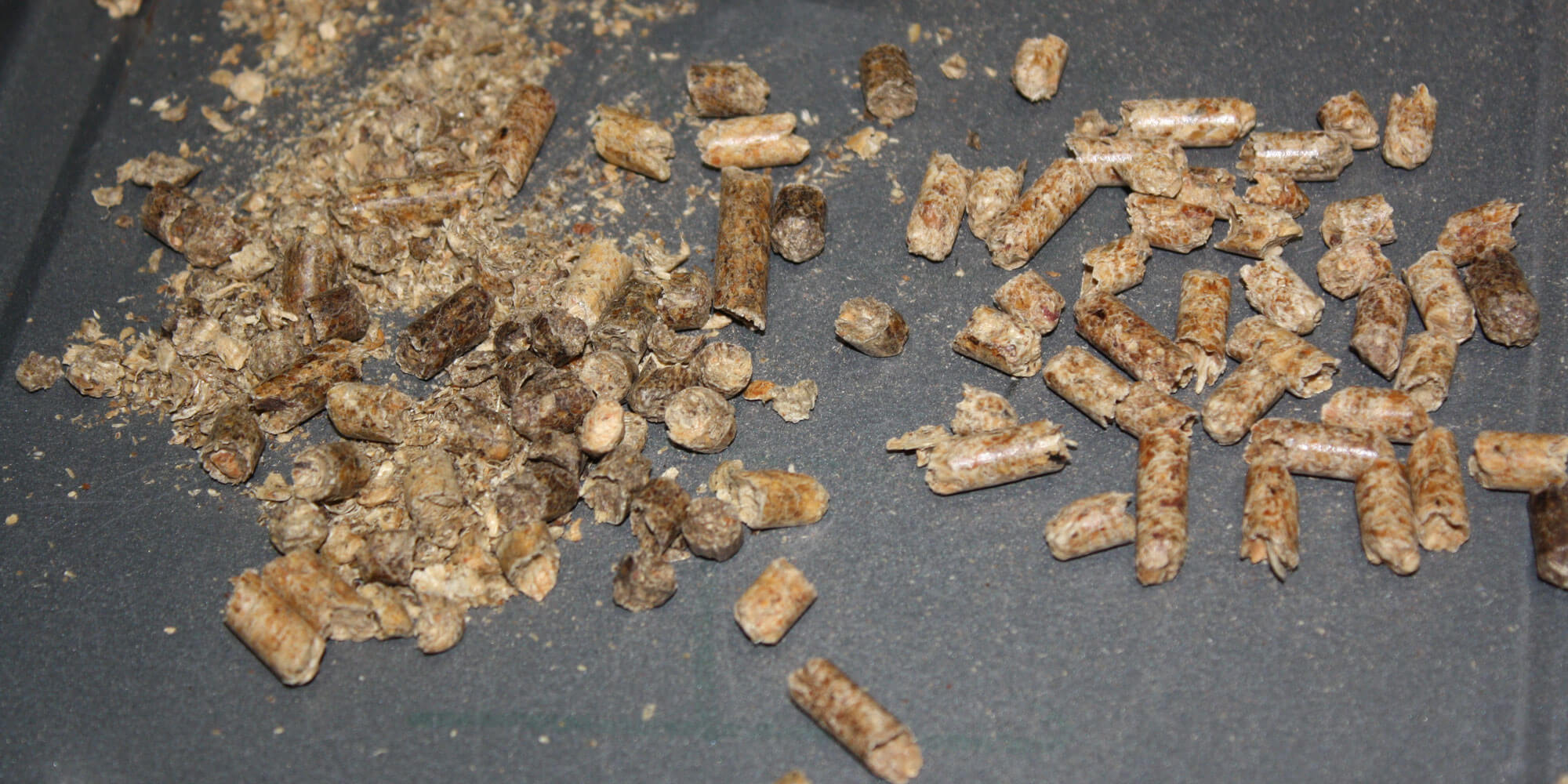Improving methods for prediction of particle degradation in Pneumatic Conveying pipelines
This project is led by Professor M Bradley and Dr Tong Deng
Researcher: Gulab Singh
This research aims to improve the methods of prediction of particle degradation in pneumatic conveying pipelines by studying effects of various pipeline features. The level of degradation during Pneumatic transportation is a function of design of blowing route. A test rig has been modified to study the effects of bends, bend geometry, distance between bends, pipe lengths and particle velocity etc. A software tool based on breakage matrix model will be developed to predict the degradation of particulate materials in lean-phase pneumatic conveying.
When wood pellets are delivered pneumatically from a transport vehicle into a store, the previously clean pellets undergo a degree of degradation (mechanical breakage), creating a proportion of fines and dust. The dust and fines cause operating problems with some boilers. These effects are also extensively known from the handling of other bulk solids in all industries that use particulate materials.
The outcome of this project will help in evaluating existing and proposed system for particle degradation to assist in discussion of the causes of degradation where complaints arises and eliminating potential problems before construction.
